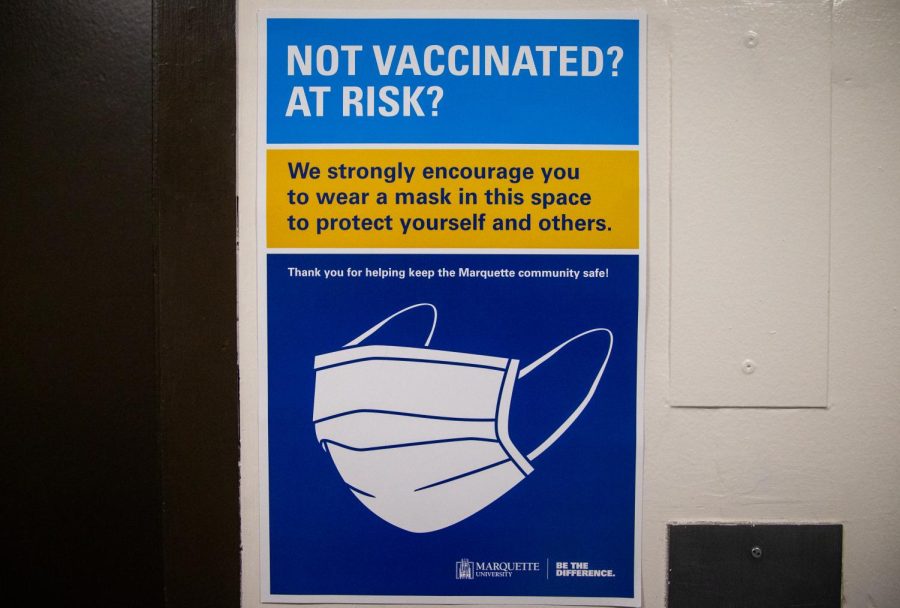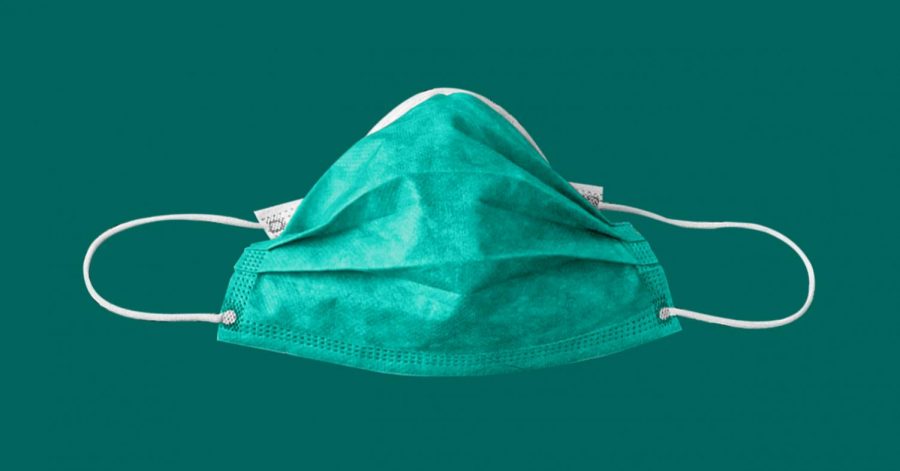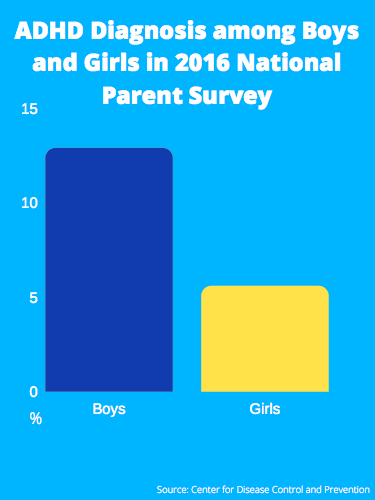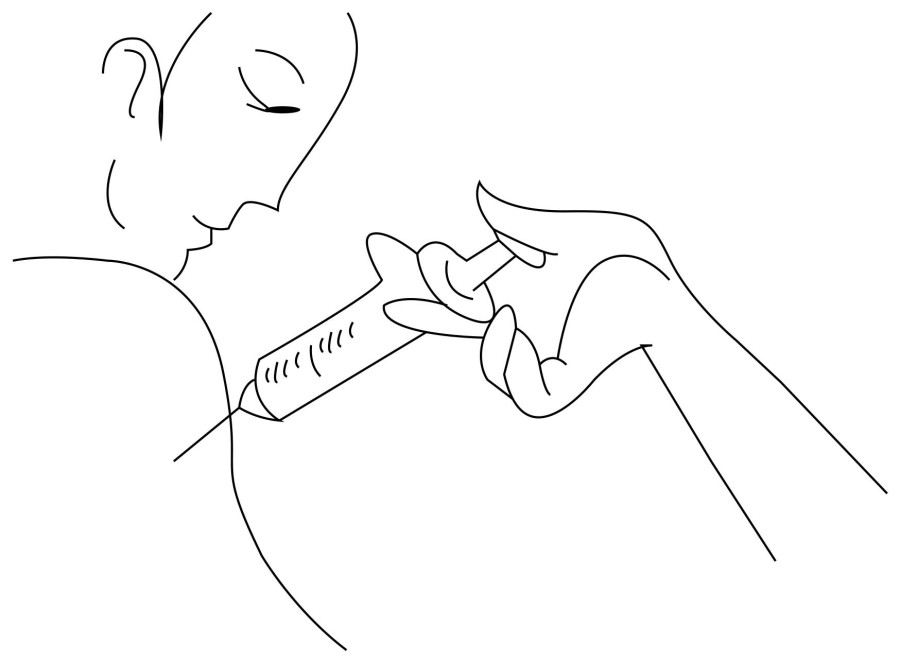College-aged students placed in second-highest priority level for H1N1 vaccine
Flu season has arrived and Student Health Service is encouragi

ng students to protect themselves by getting the seasonal flu vaccine at various locations on campus, including Marquette SHS and Walgreens.
“All college-aged students are at risk because it is a highly contagious environment,” said Carolyn Smith, senior physician at SHS.
Already this semester, SHS has administered more than 1,000 seasonal flu vaccines, mostly to students, Smith said. In previous years, SHS gave out an average of only 600 seasonal flu vaccines. By the end of this semester, SHS staff hopes to triple the number of vaccines typically administered.
Smith believes additional media attention to the H1N1 virus and the seasonal flu has caused a greater awareness and has driven more people to get the seasonal flu vaccine.
“We have outbreaks of seasonal flu every year and our most definitive preventative measure is the vaccine,” Smith said. “I highly recommend it for all students.”
Students can purchase the vaccine at SHS for $25 and at Walgreens for $24.99.
According to the U.S. Centers for Disease Control and Prevention, the vaccine takes about two weeks to develop complete protection and will last for one year. However, the seasonal flu vaccine does not protect against the H1N1 virus, also known as swine flu.
Vaccinations are being developed and produced for H1N1 influenza, but are not yet being distributed yet.
“The university is in close contact with the Milwaukee Health Department about the H1N1 flu,” said Brigid Miller, director of university communication. “As soon as the vaccine is available for students, the university will publicize that information.”
Students will be notified of the vaccine’s availability through the SHS Web site, Marquette University News Briefs, and postings in the Alumni Memorial Union and residence halls, Miller said.
Walgreens spokesman Robert Elsinger said Walgreens will not know if it will carry the H1N1 vaccine until the state makes a decision regarding distribution of the vaccine.
“There will be a large demand for it,” Elsinger said. “We hope we will be able to carry it. The CDC is going to make the rules on that.”
While Walgreens has not received confirmation from the CDC that it will receive the vaccinations, SHS confirmed it will offer the vaccine.
“We are hoping we get initial doses by the end of October and then, from what we are hearing from the government, doses will be released weekly thereafter and then every week until we have an adequate number,” Smith said.
Smith said the CDC has established five priority levels for the H1N1 vaccines, one being the most vulnerable and five being least vulnerable. College students under the age of 24 are placed in the second highest priority level, and students in health care fields who participate in clinicals are in the top priority group.
SHS is not currently testing students for the H1N1 virus because the symptoms and treatment are the same for the seasonal flu, Smith said. Students with flu symptoms should isolate themselves until they no longer have a fever, without the help of fever-reducing medication, he said.
SHS is working with the Office of Residence Life to provide students with any services they require to get healthy as soon as possible.
SHS is offering the flu shot to undergraduate students at five of the residence halls and in the Alumni Memorial Union through Nov. 3. Additional sites are being made available for law, dental and physician assistant students, faculty, staff and administration. Appointments can also be made at the Student Health Clinic in Schroeder Complex.











medeiros • Oct 20, 2009 at 9:43 am
%9- Alan Cox on linux-kernel